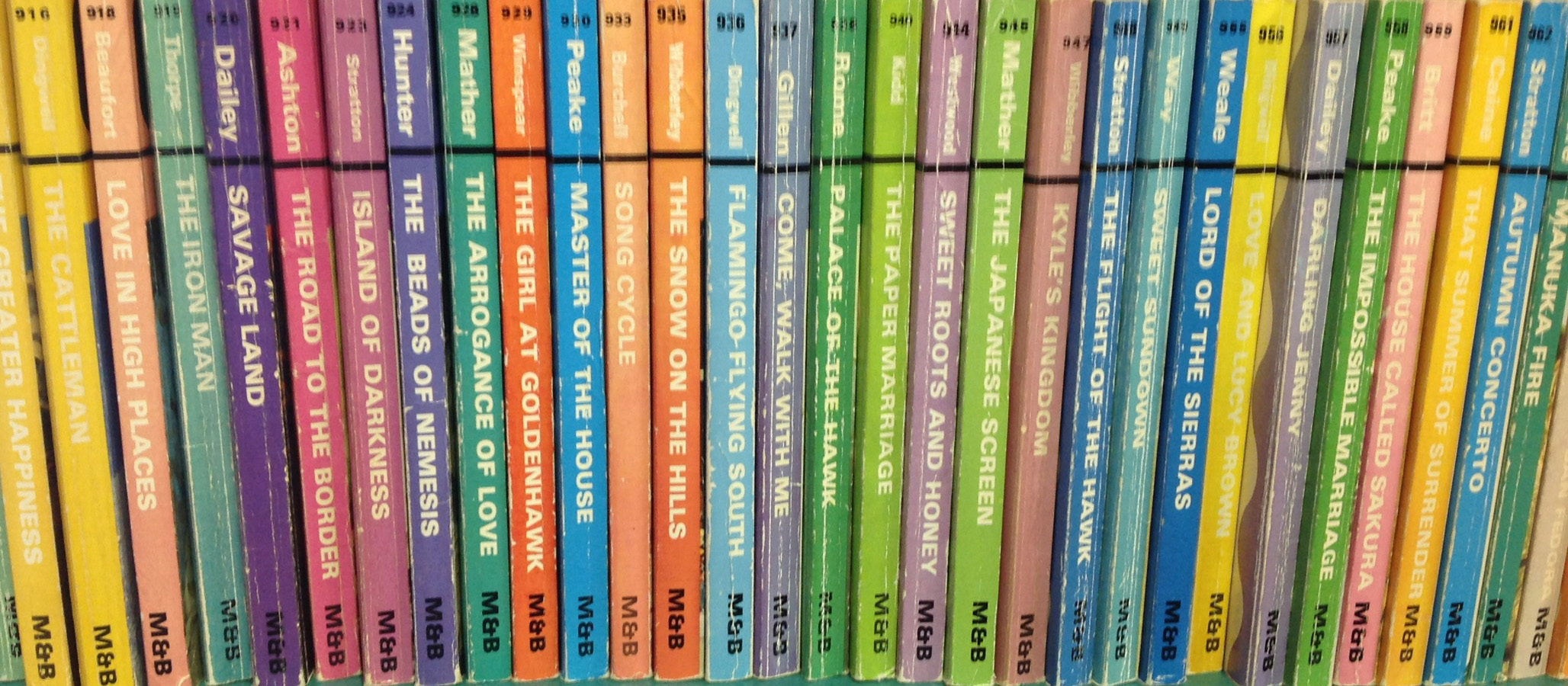Agonizing Love: The Rise and Fall of the Romance Comic Book, 1947-1977
Abstract
When Joe Simon and Jack Kirby--the creators of dozens of iconic superhero figures like Captain America--decided to buck the postwar glut of comic book titles by launching Young Romance in 1947, even they could not have anticipated how their brainstorm would soon become a dominating industry trend. Young Romance soon begat Young Love, and by 1949 those comics were selling close to a million copies and issue. Every other major comics publisher (aside from Disney) quickly followed suit, and the newsstands of the early Fifties offered a veritable tidal wave of (melo)dramatic love stories that collectively outsold even the superhero category. But as the Fifties gave way to the Sixties the genre lost much of its steam, and by the dawn of the Seventies was on life support, expiring before decade's rend, never to return. What happened, exactly?
My 2011 book Agonizing Love (Harper Studio) offered some thoughts on this phenomenon, which I will present at this conference. I discussed this topic on the NPR show Fresh Air in May of 2011.
I earned both my MA in Popular Culture ('76) and PhD in American Culture ('81) from BGSU under Ray Browne. I am the author of twelve other books on a variety of popular culture subjects.
Agonizing Love: The Rise and Fall of the Romance Comic Book, 1947-1977
When Joe Simon and Jack Kirby--the creators of dozens of iconic superhero figures like Captain America--decided to buck the postwar glut of comic book titles by launching Young Romance in 1947, even they could not have anticipated how their brainstorm would soon become a dominating industry trend. Young Romance soon begat Young Love, and by 1949 those comics were selling close to a million copies and issue. Every other major comics publisher (aside from Disney) quickly followed suit, and the newsstands of the early Fifties offered a veritable tidal wave of (melo)dramatic love stories that collectively outsold even the superhero category. But as the Fifties gave way to the Sixties the genre lost much of its steam, and by the dawn of the Seventies was on life support, expiring before decade's rend, never to return. What happened, exactly?
My 2011 book Agonizing Love (Harper Studio) offered some thoughts on this phenomenon, which I will present at this conference. I discussed this topic on the NPR show Fresh Air in May of 2011.
I earned both my MA in Popular Culture ('76) and PhD in American Culture ('81) from BGSU under Ray Browne. I am the author of twelve other books on a variety of popular culture subjects.


